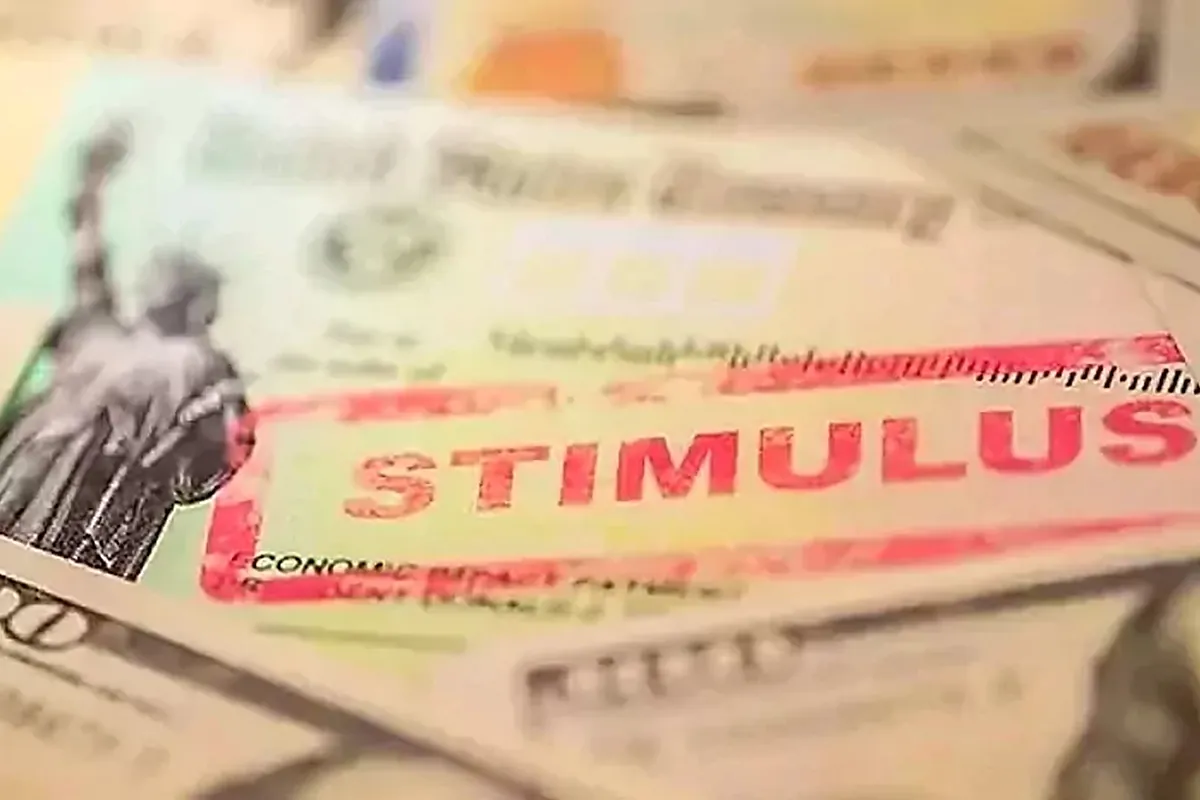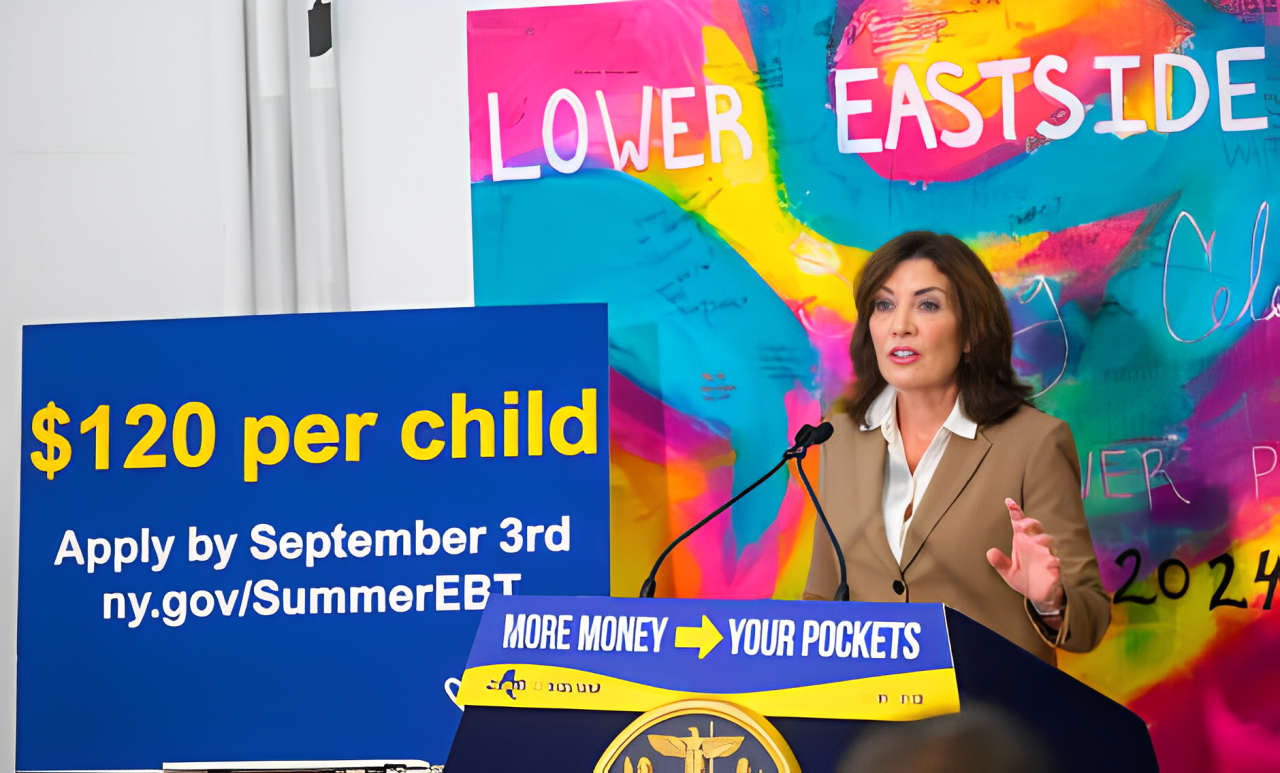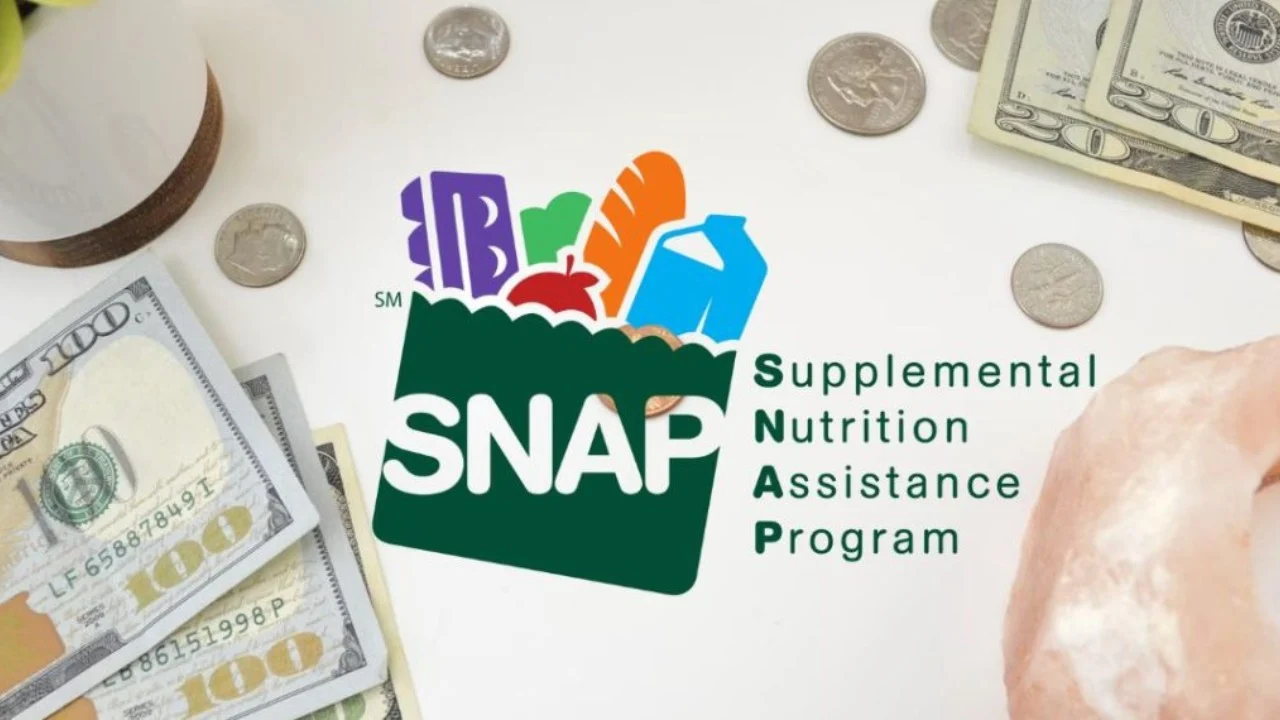During the COVID-19 pandemic, the U.S. government took significant steps to help taxpayers navigate the challenging economic landscape. The government provided stimulus checks through three main programs: the CARES Act, the Consolidated Appropriations Act (CAA), and the American Rescue Plan Act (ARPA).
In total, these payments added up to an impressive $814 billion, according to Pandemic Oversight. Recently, the buzz about a supposed $8,700 stimulus check has been growing online. In this article, we’ll dive into this claim and see what Americans can actually expect.
What’s the Buzz About the $8,700 Stimulus Check?
Lately, various rumors have emerged on the internet suggesting that the IRS is set to issue an $8,700 stimulus check. Many unofficial sources are connecting this claim to a potential expansion of the Child Tax Credit, as mentioned by The US Sun. According to these rumors, struggling families could receive monthly payments of $350 per child, leading to a total of up to $8,700 over six months, starting from June 15th.
However, it’s essential to clarify that there has been no official confirmation from any government agency regarding this claim. In light of the rumors, the IRS took to social media, specifically Twitter (now known as X), to advise Americans to exercise caution when filing their annual tax returns. They noted, “There are many different kinds of social media content, including numerous misleading tax advice that can put you at risk.”
Understanding the Previous COVID-19 Stimulus Checks
To comprehend the current situation better, let’s take a quick look back at the previous stimulus checks issued during the pandemic.
- CARES Act (March 2020): The first significant aid came in March 2020 when then-President Donald Trump signed the Coronavirus Aid, Relief, and Economic Security (CARES) Act into law. This legislation provided a one-time payment of $1,200 for individuals and $500 for each qualifying child.
- Consolidated Appropriations Act (December 2020): Following this, Congress approved a $2.3 trillion funding package on December 21, 2020. The CAA included a range of support measures, including $300 per week in additional unemployment benefits and direct payments of $600 to individuals. It also allocated funds for small business loans, educational support, and vaccine development.
- American Rescue Plan Act (March 2021): The final major stimulus legislation, the $1.9 trillion ARPA, was signed by President Joe Biden on March 11, 2021, providing further direct assistance to individuals and families.
Read More: Finance Expert Pete Tibbles Explains How Japan’s Stock Market Crash Could Influence U.S. Rates!
What Can Americans Actually Claim?
While the rumors of an $8,700 stimulus check are unfounded, there are still existing benefits that Americans can take advantage of, particularly the Child Tax Credit.
As of 2023, the IRS states that the tax credit can be as high as $2,000 per qualifying child. Here’s what you need to know to qualify:
- Eligibility Criteria: To be eligible for the Child Tax Credit, a child must meet certain criteria:
- The child must have a Social Security number.
- They should be under the age of 17 at the end of the tax year.
- The child must be claimed as a dependent on the taxpayer’s return.
- Benefits of the Child Tax Credit: This credit can significantly reduce the amount of tax you owe. For families with multiple children, this can add up to substantial savings at tax time.
- Filing for the Credit: To claim the Child Tax Credit, ensure that you have all the necessary documentation ready when you file your tax return. This includes your child’s Social Security number and any relevant paperwork that proves their eligibility.
Read More: New York State Launches Summer EBT Program to Provide $120 Per Child for Food!
Conclusion
The excitement around an $8,700 stimulus check seems to be just that—excitement fueled by misinformation. While no such checks are being issued, families can still benefit from the existing Child Tax Credit, providing financial relief and support during these times.
As always, it’s crucial to stay informed through official sources and verify any claims circulating online. The IRS has made it clear that not all information found on social media is reliable. So, be cautious and do your research before making any financial decisions.



